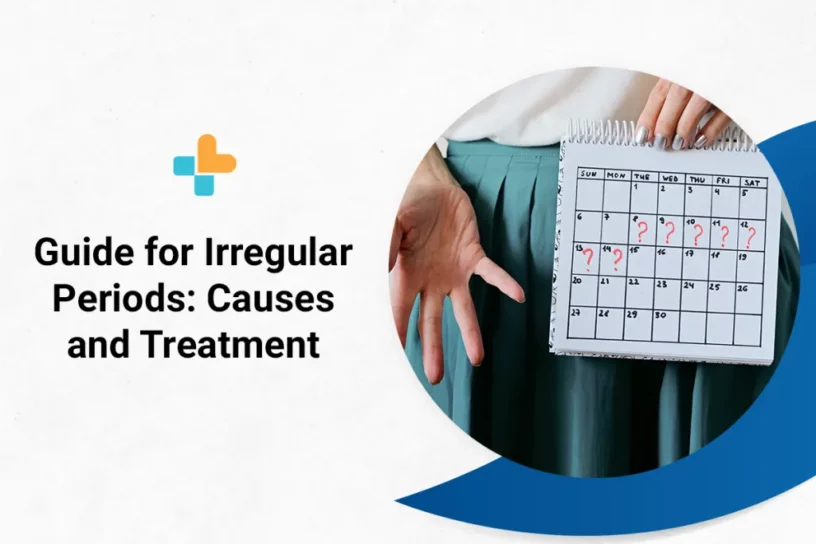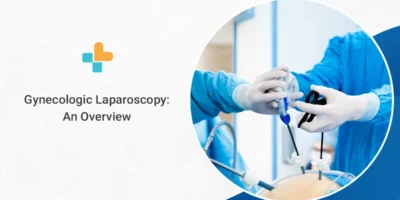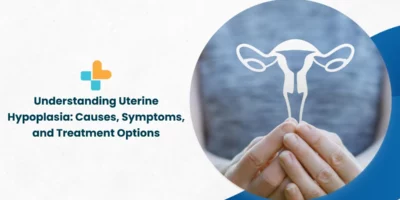Inconsistencies in menstruation are not uncommon. It can arise due to a number of natural reasons such as stress, travel, and recent illness to more deeper issues like infertility. But how do you tell the difference? Read on to find out!
Your menstrual cycle has always been regular and on time but you suddenly experience late or early periods. You’re not pregnant nor nowhere near menopause, so what could it be?
Irregular periods aren’t always a cause for worry. Almost every woman experiences an irregular menstrual cycle every now and then. However, it’s always good to know the signs of a deeper problem so you can identify the causes and get treatment before it leads to something more serious. Let’s start by understanding what exactly constitutes an irregular period.
What Are Irregular Periods?
An irregular period usually means that the length of your menstrual cycle does not fall within the normal range. A normal cycle usually ranges anywhere between 21 to 35 days. To find out if your cycle is irregular, count from the last day of your previous menstrual cycle and stop on the first day of your next period. Do this for around 3 months and if the number of days is outside the 21 to 35 days range, your cycle is irregular.
Some symptoms of irregular periods include:
- Bleeding in between periods
- Excessive bleeding during periods
- Menstrual bleeding that lasts upto 10 days or more
- Bleeding after intercourse
So, does irregular periods mean infertility? Not always, but it can be one of the causes. Let’s take a look!
What Causes Irregular Periods?
The reasons for irregular periods could be many. Here are some of them:
Medical Issues:
Polycystic Ovarian Syndrome (PCOS): This is a type of hormonal disorder where there’s an over production of the “male” hormones(androgens). This hormonal imbalance can cause women with PCOS to skip periods and therefore makes it harder for them to conceive.
Pelvic Inflammatory Disease: This infection occurs when sexually transmitted microbes spread from your vagina to your uterus, fallopian tubes or ovaries.
Uncontrolled Diabetes: Uncontrolled diabetes can be a major cause for irregular periods. Women with diabetes are at a higher risk of irregular periods because of anovulation.
Thyroid Disorders: Hypothyroidism(when the thyroid gland doesn’t produce enough thyroid hormones) and Hyperthyroidism(when it produces too much) can affect menstrual regularity.
Non-Disease Related Issues:
Perimenopause: When your body is making the transition to menopause (which can go upto 10 years), you will start experiencing irregular periods because the levels of estrogen rise and fall during this time and your ovulation becomes very unpredictable.
Stress: Stress hormones can cause hormonal irregularity leading to missed periods and an overall irregular cycle.
Extreme Exercise: While exercise is definitely good for you, the stress from intense workouts can sometimes cause an hormonal imbalance in your body and lead to heavy to light bleeding and irregular periods
Birth Control: Contraceptive pills, IUD implants and vaginal rings can also cause irregular bleeding. In fact, birth control pills are sometimes used to reduce heavy bleeding in some women.
How are Abnormal Periods Diagnosed?
Keeping a track of your menstrual cycle, and noticing any irregular bleeding is helpful and will help to determine the cause and appropriate treatment for the same.
Your doctor will take into account your medical history and most likely perform a physical examination including a pelvic exam and a Pap test.
Some other tests that could be included are:
- Vaginal cultures to check for any infections
- Pelvic ultrasound to check for fibroids, polyps or cysts
- Endometrial biopsy to check for a condition called endometriosis or the presence of cancerous cells. Endometriosis may also be determined using laproscopy which is done by inserting a thin tube to examine the uterus and ovaries for any abnormalities.
Management and Treatment of Irregular Periods
The treatment for irregular periods depends on the underlying cause:
Regulation of Menstrual Cycle: You’ll be prescribed hormones like estrogen and progestin to help balance your hormones and regularize your menstrual cycle.
Uterine Fibroids: These can be either treated medically or surgically depending on the condition.
Endometriosis: While there is no real cure for this condition, it can be controlled to a certain extent with over-the-counter or prescription pain relievers to reduce discomfort. In severe cases, surgery can be considered to remove excess abdominal tissue and as a last resort hysterectomy can be done if the uterus is severely damaged.
To conclude, if you experience irregular periods that have lasted for more than two months, it’s time you paid a visit to the doctor. Visit the best hospital in Bangalore for maternity care, Ayu Health, to help you diagnose and treat your irregular periods. We have specialized gynecologists who provide a range of treatments for female health problems and we provide both outpatient and inpatient services.
If you’re looking to discuss different treatment options book an appointment with the best gynaecologists in Bangalore today for a healthy and disease-free life!
Our Hospital Locations
Gynaecology Surgery Hospitals in Chandigarh | Gynaecology Surgery Hospitals in Bangalore | Gynaecology Surgery Hospitals in Jaipur | Gynaecology Surgery Hospitals in NCR | Gynaecology Surgery Hospitals in Hyderabad
Our Doctors
Gynaecology Surgery Doctors in Chandigarh | Gynaecology Surgery Doctors in Bangalore | Gynaecology Surgery Doctors in Jaipur | Gynaecology Surgery Doctors in NCR | Gynaecology Surgery Doctors in Hyderabad
About the Author

Dr. Nikitha Murthy B.S.
Dr. Nikitha Murthy B.S. is a renowned Gynaecologist currently practicing at Ayu Health, Bangalore.
He is s a Consultant with IVF Access at its Rajajinagar clinic. She has over 6 years of experience. Dr. Nikitha has a post-graduation (MS) in Gynaecology, DNB from the National Board of India, and a Fellowship in Reproductive Medicine. He also has vast experience in Post-Graduation (MS) in Gynaecology and DNB.




